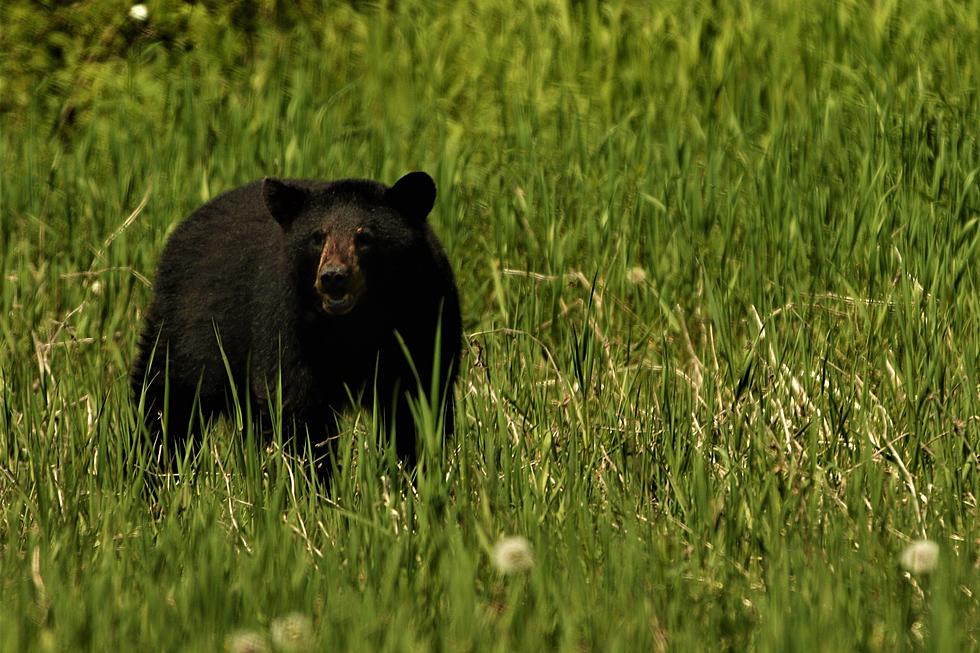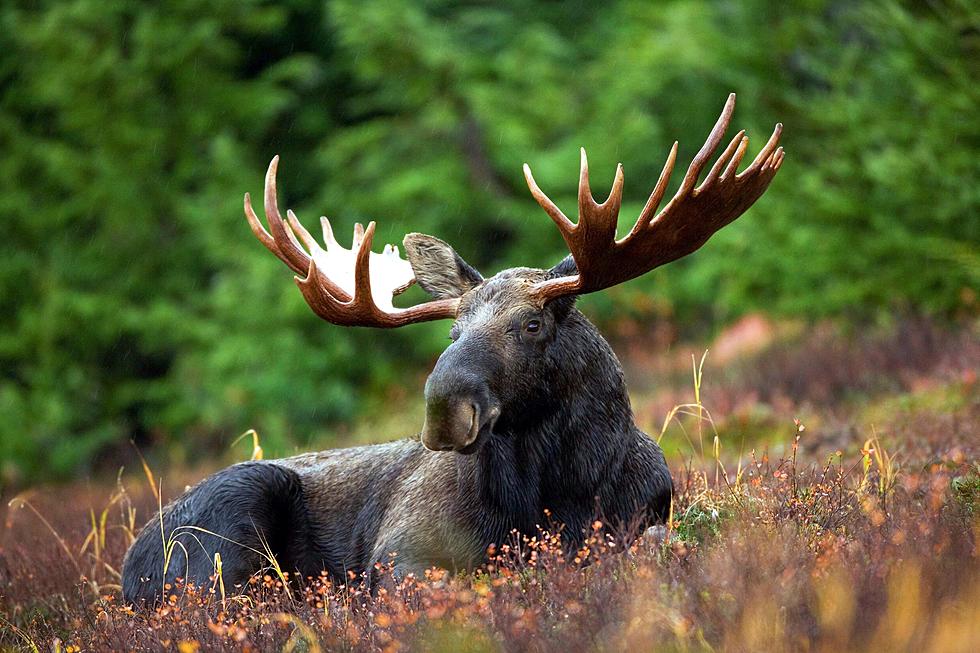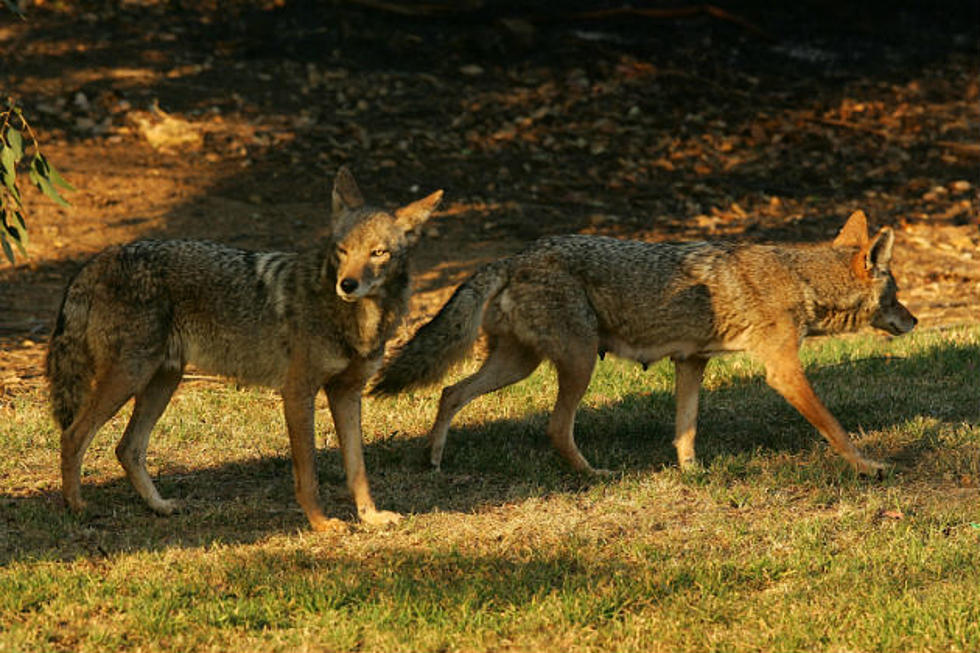
New Study Suggests Bears May Be Tied To The Spread of Deer Ticks In The East
The explosion of deer ticks in the northeast may be linked to black bears, who have been found to be perfect hosts to the disease carrying parasites.
The abundance of deer ticks throughout the northeast could be perpetuated by growing black bear populations, according to a new study. Findings published in the International Journal of Parasitology suggests black bears, particularly males, are greatly contributing to the spread deer ticks. Researchers and biologists at Pennsylvania State University found the body of a bear is an ideal habitat for deer ticks, durring all mobile stages of their life. Deer ticks are the verity of tick that transmits Lyme Disease.
Maine has been battling an explosion of tick populations statewide for years. In particular, wildlife biologists have been trying to break the winter tick population within the moose herd. Durring the 2021 moose hunt, 550 cow permits were issued for what was called the Adaptive Unit Hunt. The goal of the special hunt was to help biologists determine if moose density reduction via hunting can break or lessen winter tick impacts to moose in Maine. Could Maine lessen deer tick populations by increasing the harvest of bear? Maybe, but there's already plenty of opportunity to hunt black bear in Maine.
The state is home to one of the largest bear populations in the country. In addition, the three-month season is one of the longest bear hunting seasons in the country. Plus there's a verity of methods hunters can utilize to kill a bear. Two bears per-season can be taken by a hunter; one via trapping, and another by hunting. However, only about 25% of all bear hunters are successful.

Durring the 2021 seasons 3,768 black bear were harvested in Maine, according to the Big Game Harvest Dashboard.
15 Must-Have Items For Ice Fishing Season In Maine
Explore the Ruins of a Historic Mansion in Acadia National Park
More From WQCB Brewer Maine









